5 Quick Fixes to Speed up Your Website
In 2023, where the attention span of online users is shorter than ever, the speed of your website can make or break your online presence. Slow loading websites not only frustrate visitors but also affect your search engine rankings and overall user experience.
Fortunately, there are several quick and effective fixes that can significantly boost your website's speed and performance.
Infoserve wants to show you how.
Why website speed is important
Consider all of the times that you have opened up a website and been frustrated when it hasn’t loaded instantly. Think about how quickly you bounced off the web page.
You are not alone.
Statistically, it takes users less than 5 seconds to decide whether a website is worth their time, so you need to make sure every one of those seconds counts.
Whilst realistically we should all relish the fact that we have so much information at our fingertips regardless of how quickly we can access it, the constantly evolving online world has changed the way we interact with websites. Gone are the days of top down loading where people were willing to wait several minutes for web pages to load.
In fact, according to a study conducted by
Portent,
A site that loads in 1 second has an e-commerce conversion rate 2.5x higher than a site that loads in 5 seconds.
That’s a huge difference!
This is why you need to make every page on your website loads as quickly as possible.
How to speed up your website
1. Choose the right hosting platform
The website host and the plan you have chosen impacts the flexibility and performance of your website. This can all be impacted by how the host is configured and the design of the website.
The hosting plan you choose will have a limit on accessible resources, memory, and bandwidth as well as the scalability of your website
2. Reduce redirects
Redirects can significantly slow down your website’s speed. This is because it delays the response process and results in far slower loading times.
If you require redirects, make sure they are necessary and that all unnecessary ones are eliminated.
Companies such as Screaming Frog have a useful tool that allows you to identify redirects on your website, which makes it far easier to determine which are not needed.
3. Optimise images
Ensure that images, videos, and graphics are no larger than necessary to reduce loading time. This can be achieved by compressing images.
They should likewise be displayed in the correct file format. It is generally considered that JPEG is the best format for images and PNGs are better graphics with up to 16 colours.
CSS image sprites decrease the number of server requests whilst saving bandwidth by combining a collection of images into one single image that loads all at once. This means your users won’t be waiting for several images to load in one go.
Other methods for reducing image loading speed include:
1. Lazy loading:
Lazy loading is a web design technique that involves waiting to load images until they are needed. Rather than everything loading at once, images will load as the user scrolls or changes pages – in other words, if the user isn’t interacting with the image yet, then it won’t be loaded.
2. Image optimisation plug-ins:
Certain plug-ins will have image optimisation options that automatically compress and resize images in bulk, thus eliminating the need for you to do them individually. These save a huge amount of time and energy with worthwhile results.
4. Reduce plug-ins
Whilst it might seem counterintuitive to discuss reducing plug-ins immediately after suggesting the one’s application, having too many on your website can slow it down.
This is also true for outdated plug-ins that can tarnish performance.
If you haven’t checked recently, then it might be a good idea to go through existing plug-ins on your website and disable any that are no longer of use, or even replace old plug-ins with updated versions to avoid security risk.
You could also run a test to determine which plug-ins are causing the most significant speed issues by removing them individually and running a speed test before and after. This, however, does take a significant amount of time.
That’s why we’d recommend approaching a digital marketing agency and seeking professional SEO services to take the pressure off your shoulders.
5. Cache your web pages
Browser caching enables the browser to store various information about your website, so it doesn’t need to reload your web pages every time someone uses it. This optimises the speed of your pages with loading times that will astonish your visitors.
Browser caching is offered as a plug-in by various online platforms and can be completely free or offered as a premium package, depending on your needs.
Not sure where to start?
Here at
Infoserve, our
web design experts are on hand to help you create and build a unique, functional, and responsive website, and our
SEO team offer ongoing support to ensure it is optimised to perform at a high speed, beating your competitors and boosting conversion rates.













